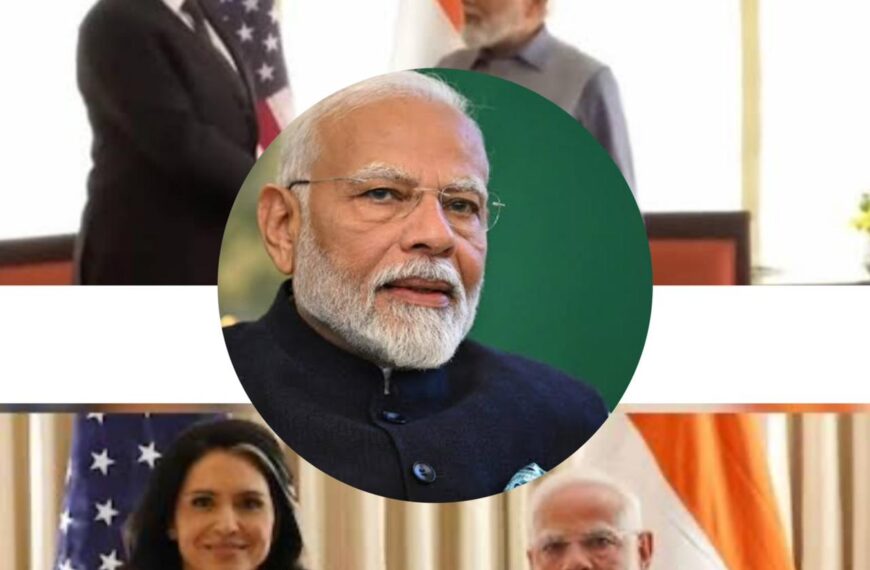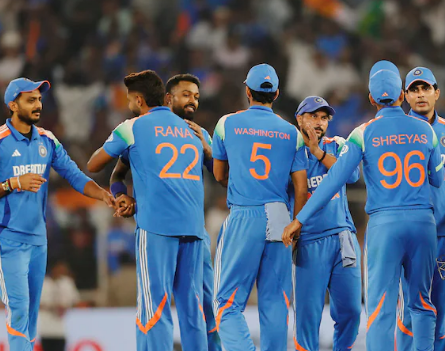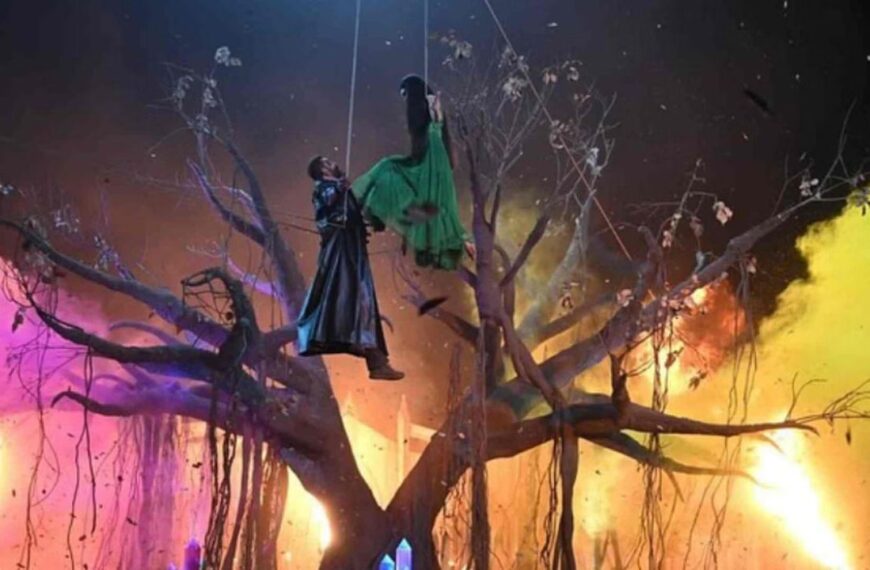The president of the All India Majlis-e-Ittehad-ul-Muslimeen (AIMIM), Asaduddin Owaisi, has made a heartfelt appeal to Muslim youth to observe fasting during the holy month of Ramadan. Owaisi shared a video clip on X (formerly Twitter) where he urged young Muslims to fast, emphasizing the importance of using their youth to practice Islamic traditions. In his message, Owaisi reminded young people about the significance of worship, prayer, and maintaining piety during this sacred time.
Owaisi’s Appeal to the Youth
In the video shared by Owaisi, he implored Muslim youth to take full advantage of their youth and devote themselves to fasting and prayer. Owaisi said, “Youth, fast… If you do not fast in your youth, when Allah has blessed you with such great wealth, when you are young, do not neglect your prayers, do not abandon your worship, do not leave the recitation of the Quran, and do not ignore the truth. Stay away from falsehood, for if not now, when?” His words were aimed at inspiring the younger generation to turn to their faith and engage in spiritual practices.
Owaisi Criticizes PM Modi’s Involvement in Sufi Program
The AIMIM chief did not stop at urging youth to maintain their religious duties but also critiqued the involvement of Prime Minister Narendra Modi in a Sufi program. Owaisi specifically pointed out PM Modi’s participation in the 25th edition of the “Jahan-e-Khusro” festival, a cultural program centered around Sufism, where Modi reportedly gave talks on spirituality. Owaisi expressed his disbelief at Modi’s participation in the event, stating that if someone had told him what Sufism truly represents, he would not have attended the program. He further emphasized that Sufism is an intrinsic part of Islam, and it cannot be separated from the religion itself.
Owaisi’s comments were a direct response to what he saw as a politically motivated effort by the Prime Minister to gain favor with Muslim communities while potentially misunderstanding the essence of Sufi teachings.
Owaisi Critiques UP CM Yogi Adityanath on Religious Freedom
In a further display of his political acumen, Owaisi criticized Uttar Pradesh Chief Minister Yogi Adityanath for his controversial remarks about offering Friday prayers at home instead of in mosques. Owaisi referred to Adityanath’s comments during the celebration of Holi in March 2025, where the CM suggested that Muslims could pray at home rather than attending mosque services. Owaisi responded to this by highlighting the constitutional guarantee of religious freedom under Article 25 of the Indian Constitution, which guarantees every citizen the right to practice their religion freely.
Owaisi questioned the Chief Minister’s statement, asking if he, as a political leader, had the right to instruct Muslims on how and where to pray. He firmly pointed out that the Constitution grants Muslims the freedom to attend mosques for prayers, and this is not for any politician to dictate. For Owaisi, it was a matter of upholding the constitutional right to religious practice.
Importance of Learning Faith from Religious Scholars
As part of his appeal to the youth, Owaisi urged young Muslims to seek knowledge of their faith from religious scholars rather than relying on search engines or self-taught resources. He emphasized the importance of connecting with qualified scholars who could guide them in their religious learning and spiritual growth. Owaisi’s advice was grounded in the belief that true knowledge and spirituality are nurtured through personal learning and interaction with scholars who are deeply rooted in Islamic teachings.
He further stated, “I say this because if you try to learn your faith through Google, it will lack spirituality. Go to your mosques, seek out the ulama (Islamic scholars), and sit with them to learn about the deen (religion).” Owaisi believes that genuine religious education and understanding come from traditional avenues, where scholars provide a structured, knowledgeable, and spiritual approach to learning.
Asaduddin Owaisi’s appeal to Muslim youth and his critique of political leaders’ interference in religious practices highlight his commitment to preserving the integrity of religious freedom in India. He continues to advocate for the empowerment of the younger generation through spiritual growth and active participation in their faith.














